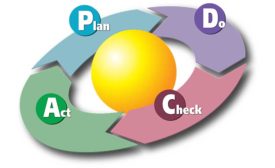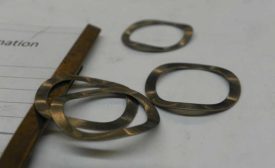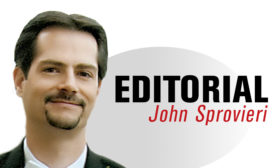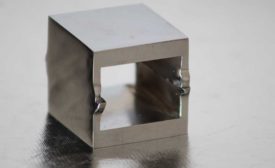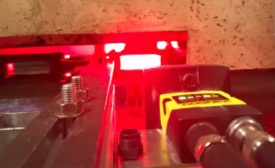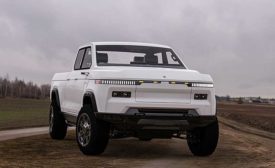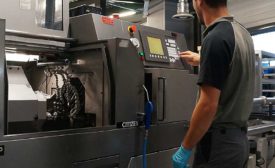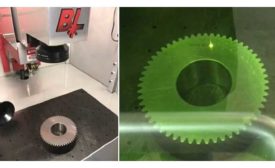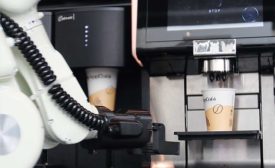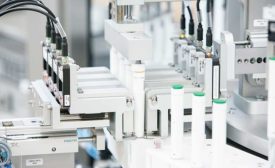Columns
Machine Automates Assembly of Insulin Pens
Syntegon’s assembly system employs a variety of automation components from Festo.
May 6, 2021
Never miss the latest news and trends driving the manufacturing industry
Stay in the know on the latest assembly trends.
JOIN TODAY!Copyright ©2025. All Rights Reserved BNP Media.
Design, CMS, Hosting & Web Development :: ePublishing
